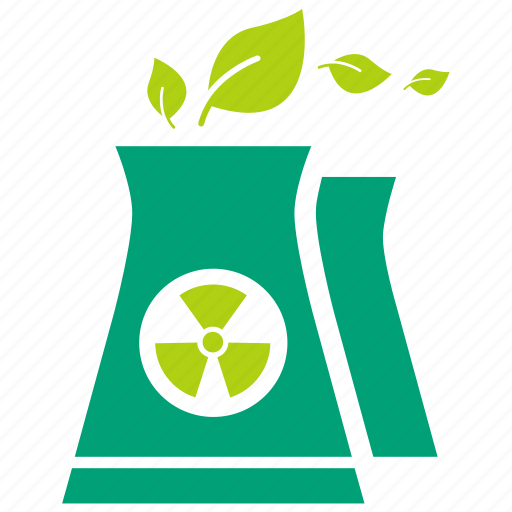Westinghouse Electric Company and shipbuilding company Seaspan have signed a memorandum of understanding to support nuclear new-build projects in Canada and around the world.
Under the agreement, North Vancouver-based Seaspan has the potential to manufacture key reactor components for Westinghouse’s AP1000 and AP300 nuclear power plants, including pipe spools and steel structures.
With three shipyards in British Columbia and a workforce of 4,000 employees, Seaspan is a leader in shipbuilding, maintenance, and ship repair with experience in delivering complex manufacturing projects. Westinghouse said this aligns well with the requirements of large-scale capital projects such as AP1000 and AP300 reactors.
Westinghouse said the agreement strengthens its commitment to Canada’s economy and further develops the nation’s nuclear supply chain to support Westinghouse’s global fleet of advanced reactors.
The company said that for each AP1000 unit that is built outside Canada, it could generate almost CAD1bn ($730m, €660m) in gross domestic product through local suppliers.
Westinghouse said it continues to work closely with Canadian suppliers on components for its AP1000 reactor, the only Generation III+ reactor currently in operation. Six AP1000 reactors are operating globally, with eight more under construction.
The company is also collaborating with the Canadian supply chain for its AP300 small modular reactor, a 300-MW single-loop plant based on AP1000 technology, and the eVinci microreactor, which can provide up to 5 MW of electricity for eight-plus years for a variety of applications.



So am I the only one that thinks that putting nuclear reactors onto ships that are known for violating pretty much all of their environmental regulations all the goddamn time as they sail international waters, is a really fucking bad idea? I mean look at that one ship filled with ammonia nitrate floating around Europe right now. No port will take it, so eventually it’s just gonna sink into the ocean with all of its explosive cargo.
@KnitWit @Emil I guess you’re not alone, sadly.
However…
A nuclear powered ship probably wouldn’t be under ship regulation and supervision, but under nuclear regulation and supervision. Nuclear supervision is much easier to do and harder to circumvent than that of oil. Compliance would be enforced at ports. A ship that cannot dock is useless.
Also, the worst case with a nuclear powered ship is less bad than normal operation of an oil powered ship, and sufficiently improbable.
@KnitWit @Emil Oh wait, you mean transporting reactor parts per ship? If they are new, they’re not even hazardous.
And nuclear fuel gets shipped all the time. If it’s new, it’s not a problem—very low activity, and water is a good shield—and spent fuel is just kept on site for decades.
I think they might be referring to cargo like ammonia. What if we have a Beirut incident with a ship with a nuclear reactor? Something to plan ahead for sure.
@Emil The reactor wouldn’t be filled, right? And not under pressure? It would just be a big lump of metal?
Correct. In this case it’s just shipping the component parts. I guess @[email protected] was talking about PWR reactors that power these ships, much like the NS Sevmorput.
Oh right, yeah I totally read that thinking they meant nuclear powered cargo ships. I want to say that I recently read about that exact thing, might be mistaken though.